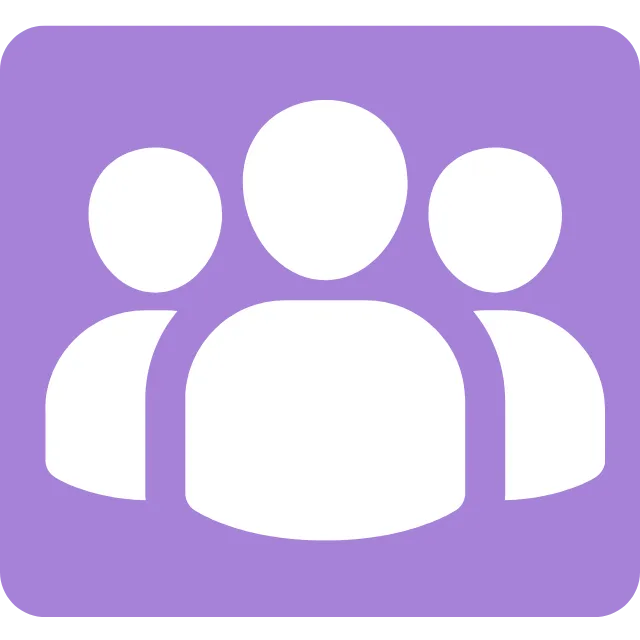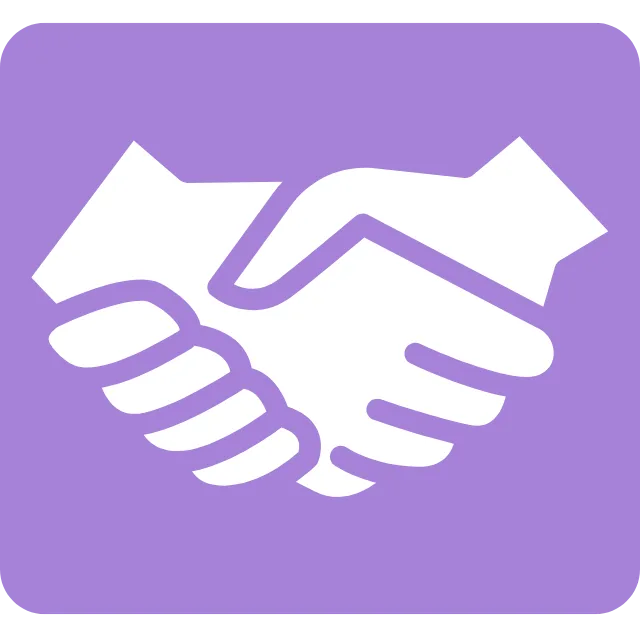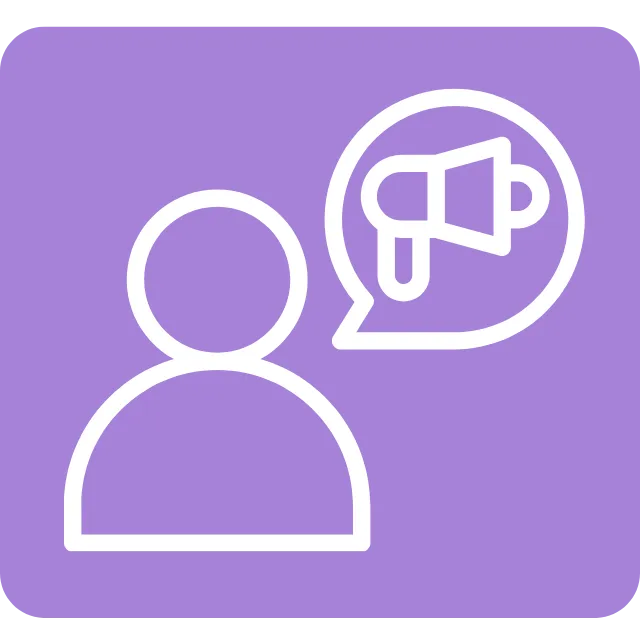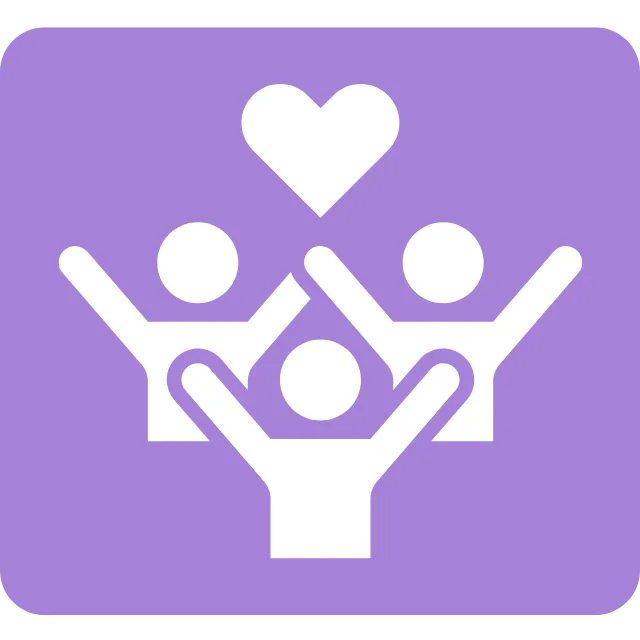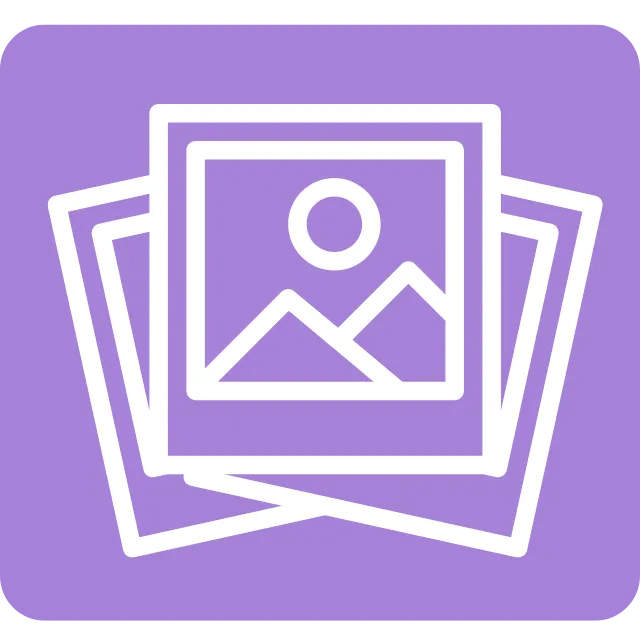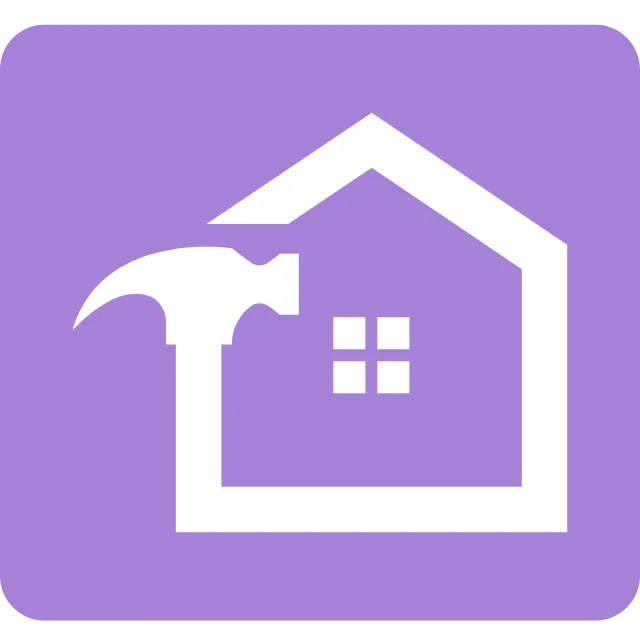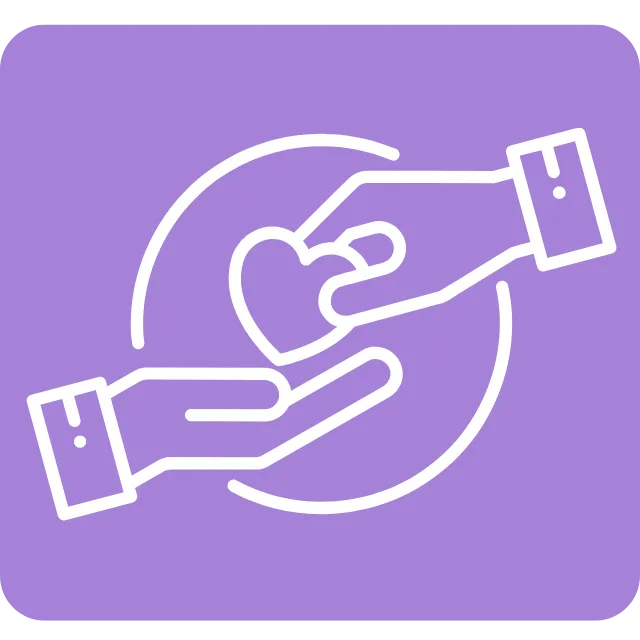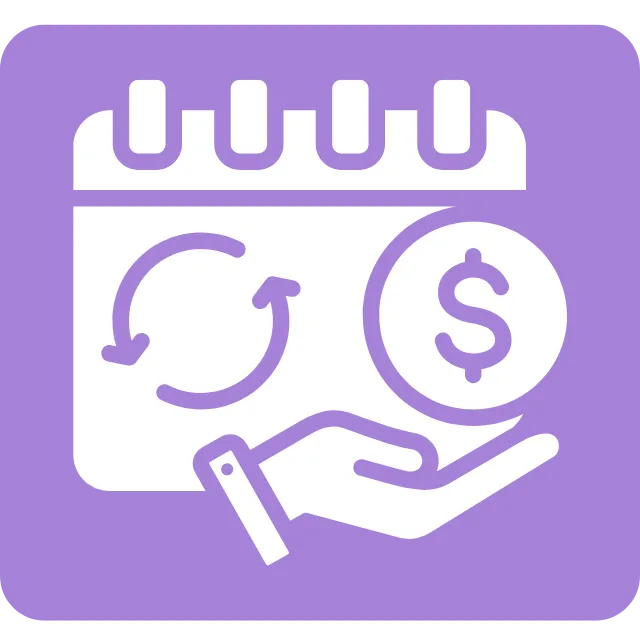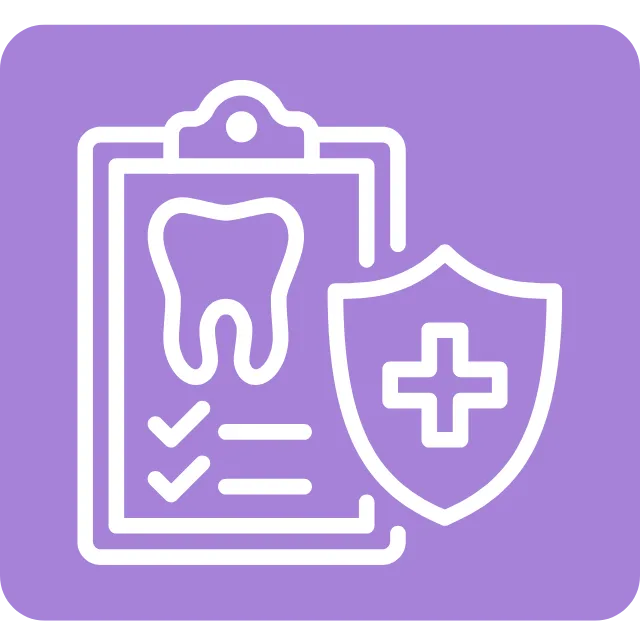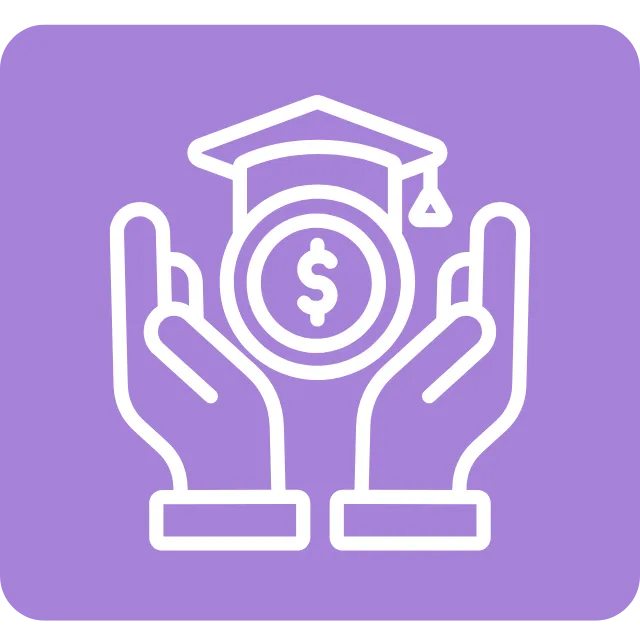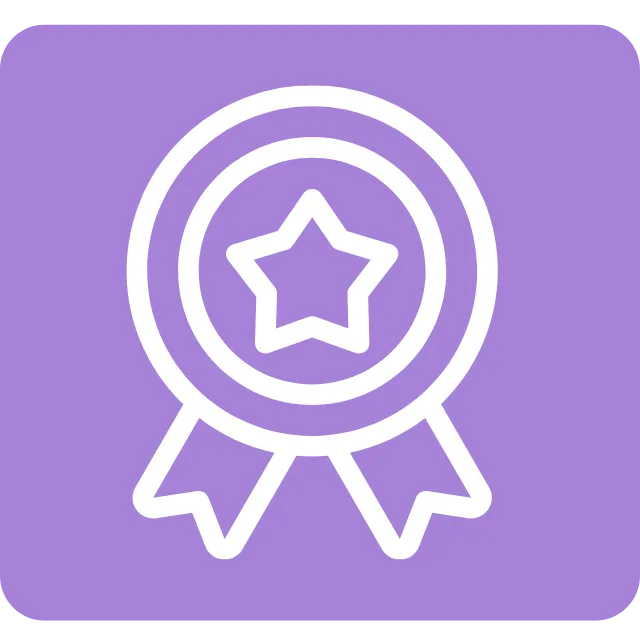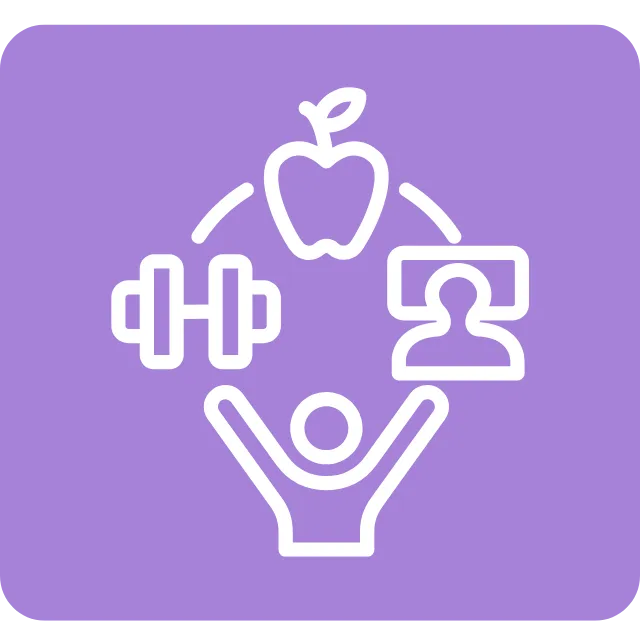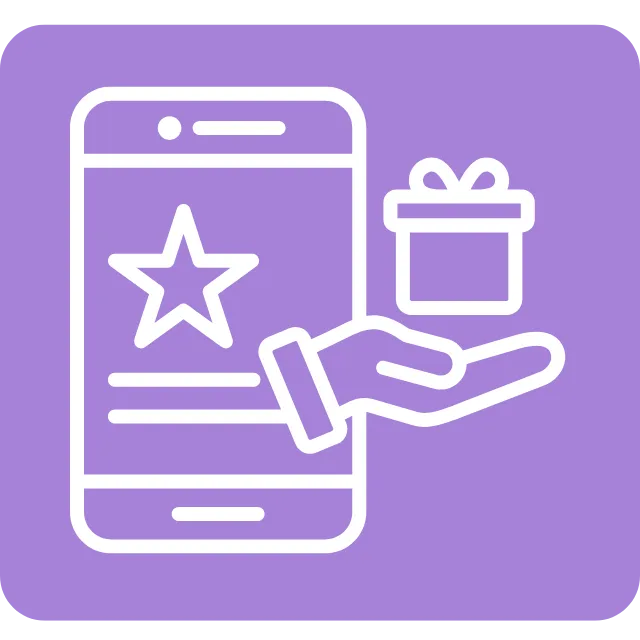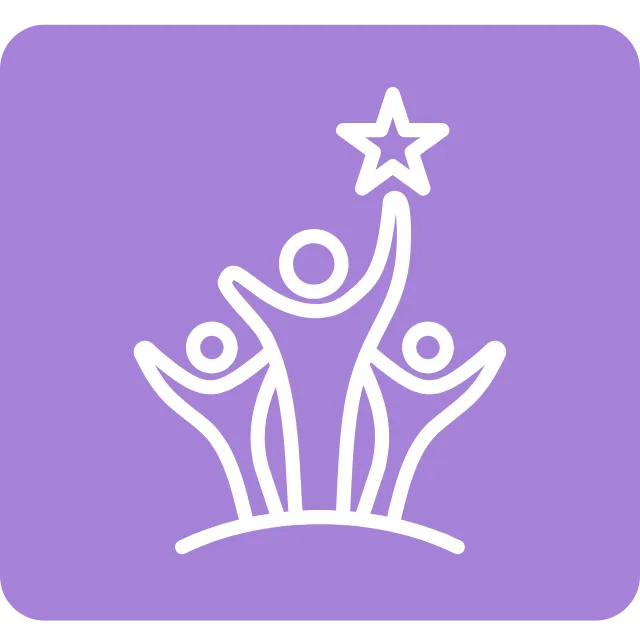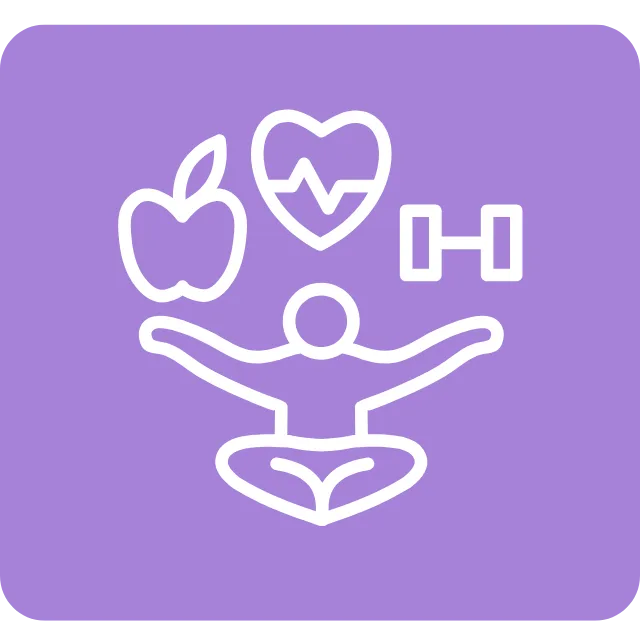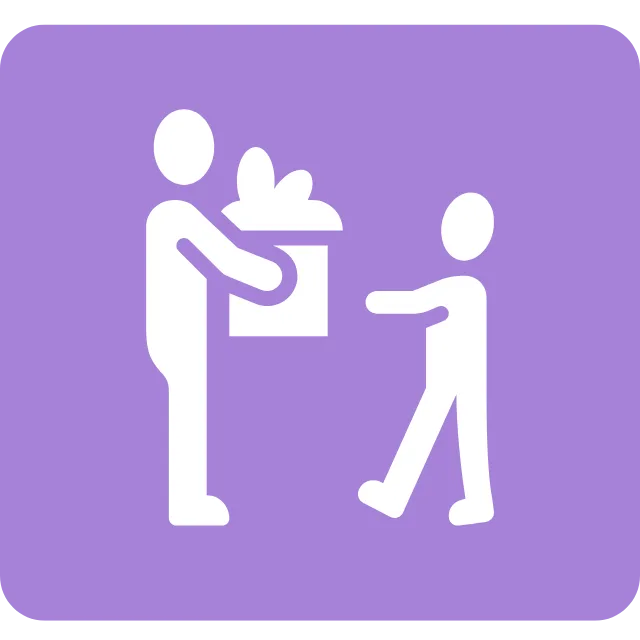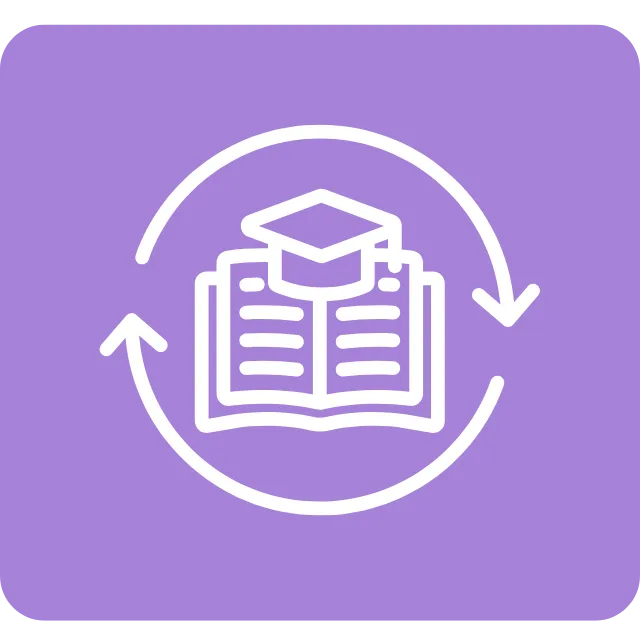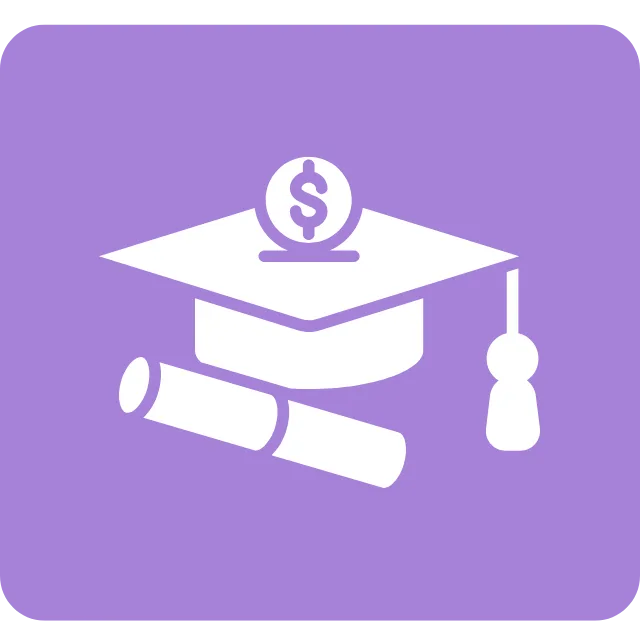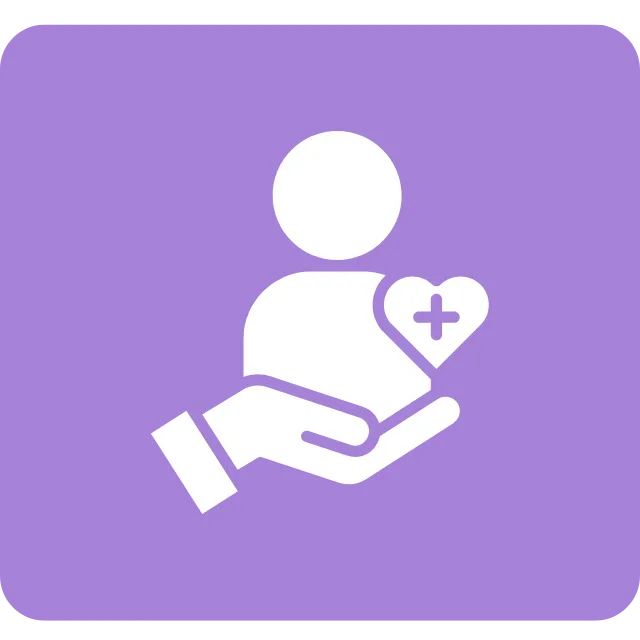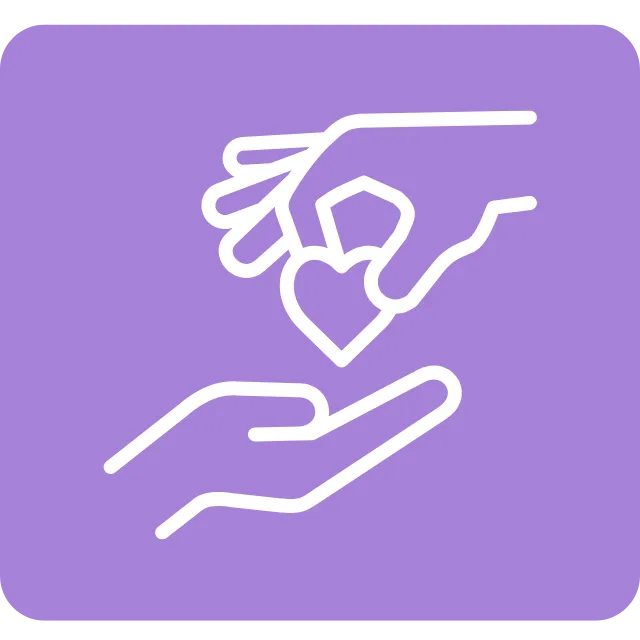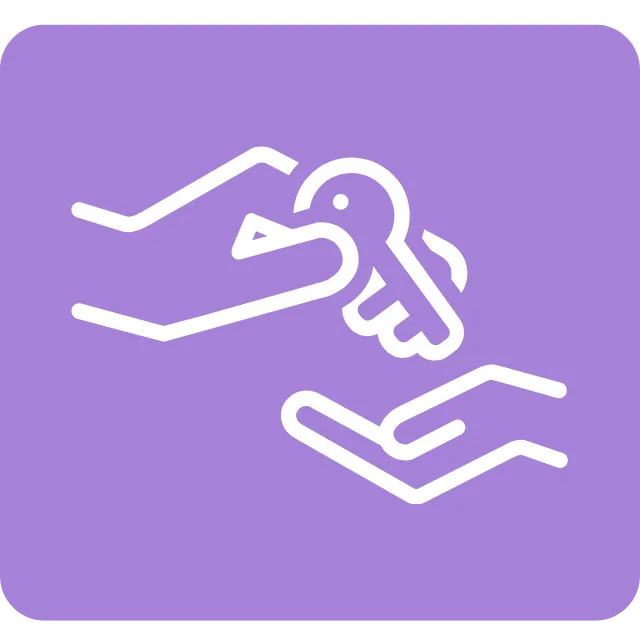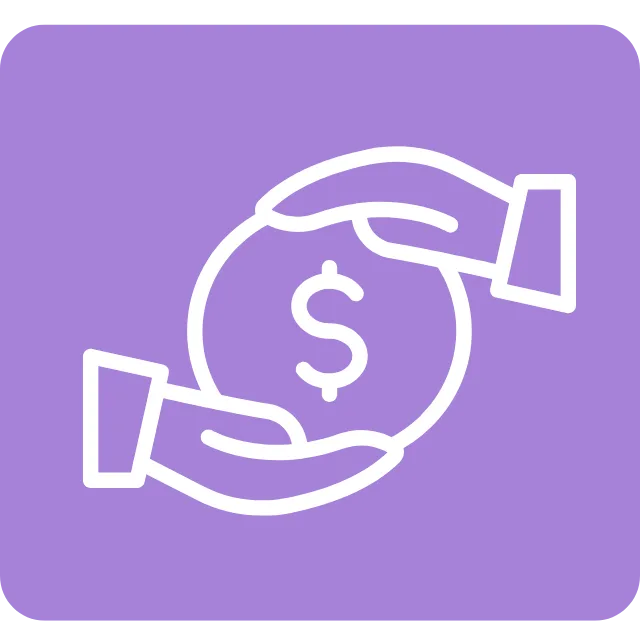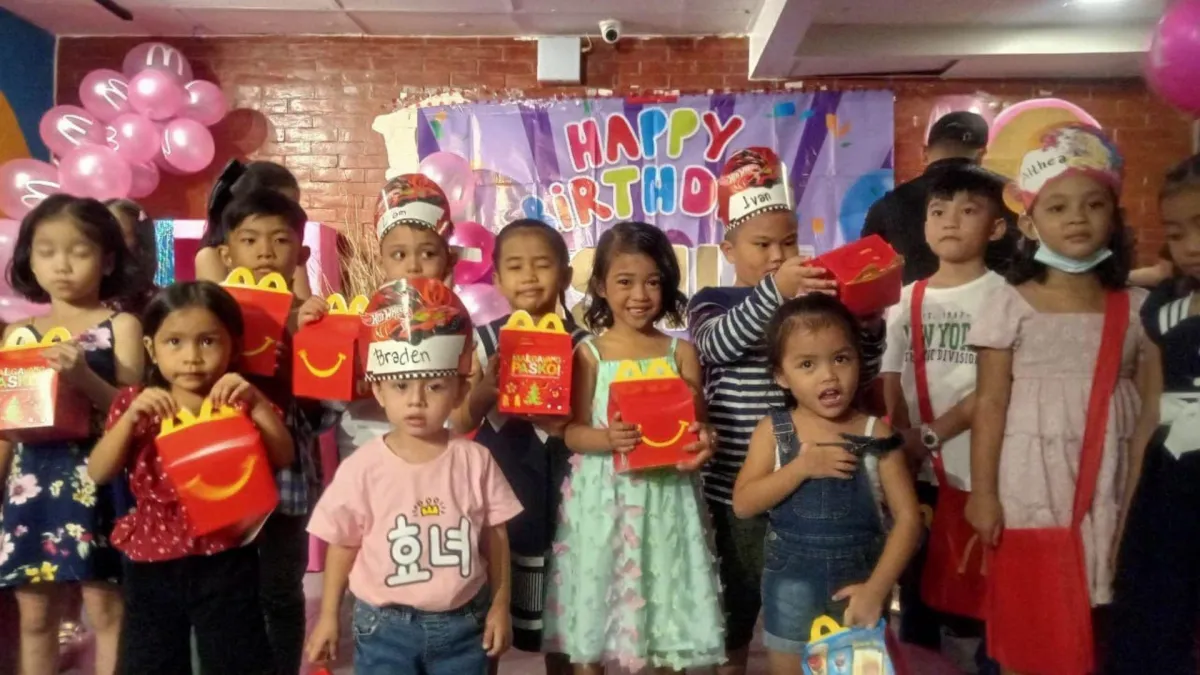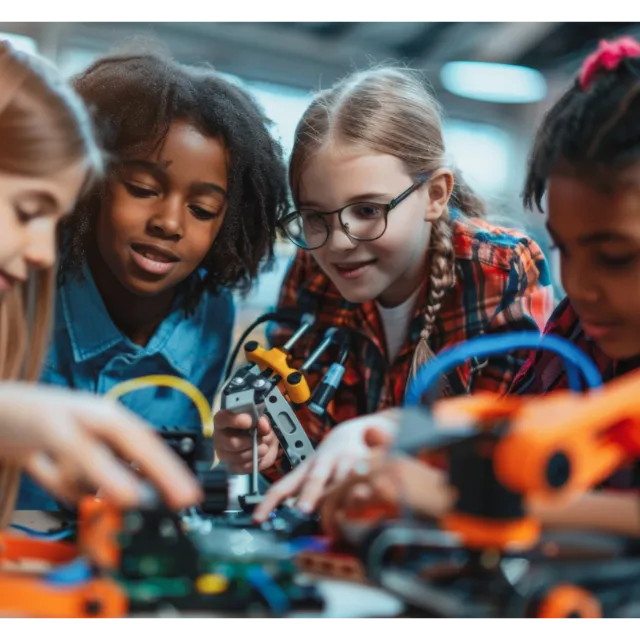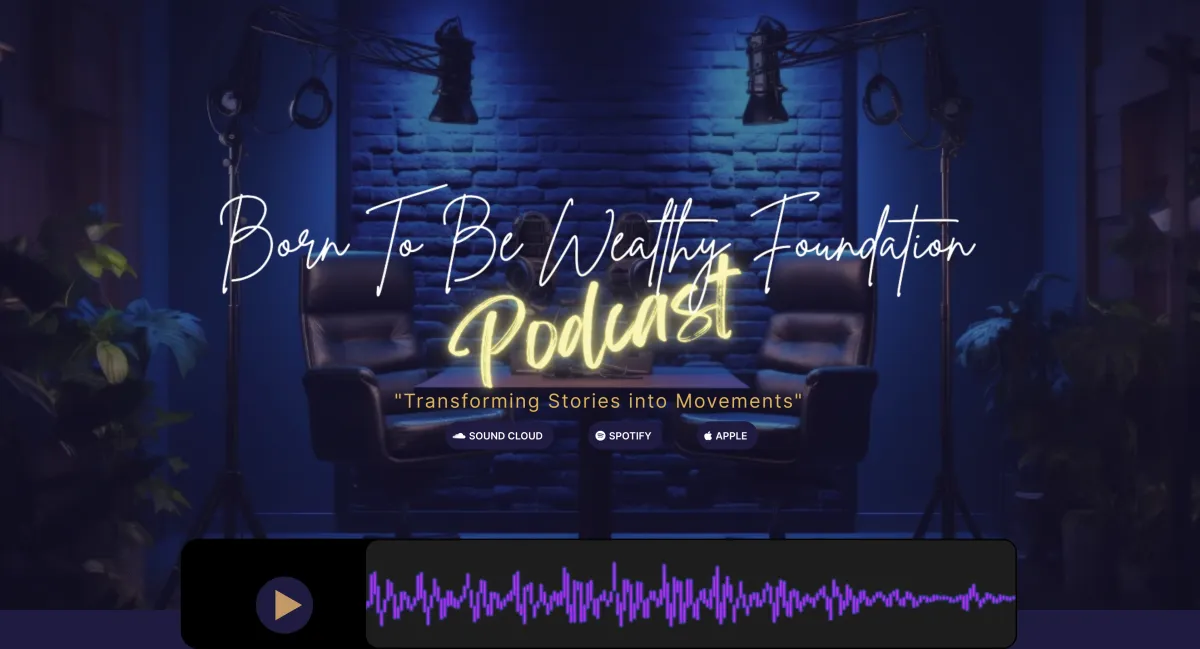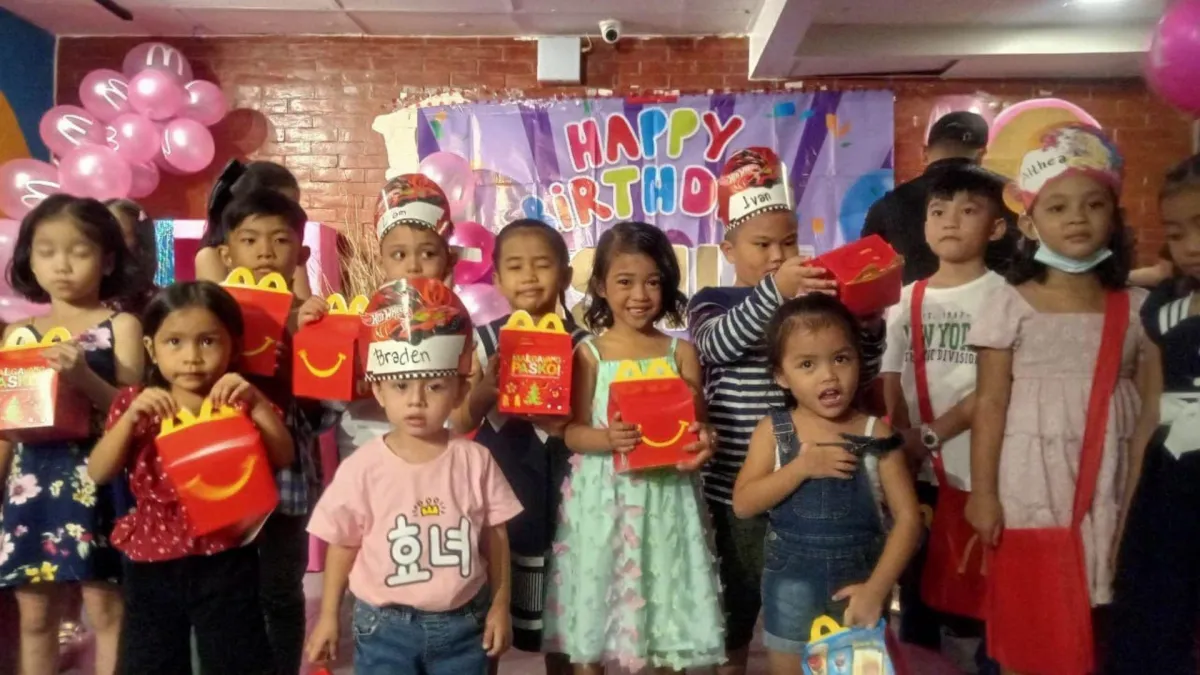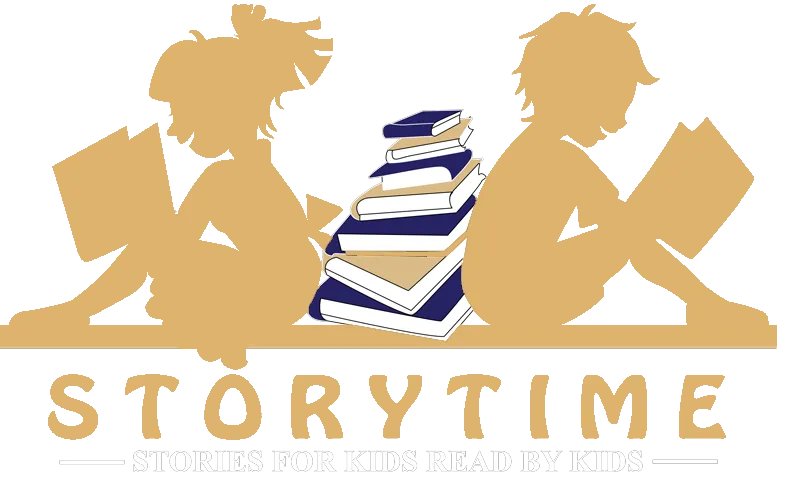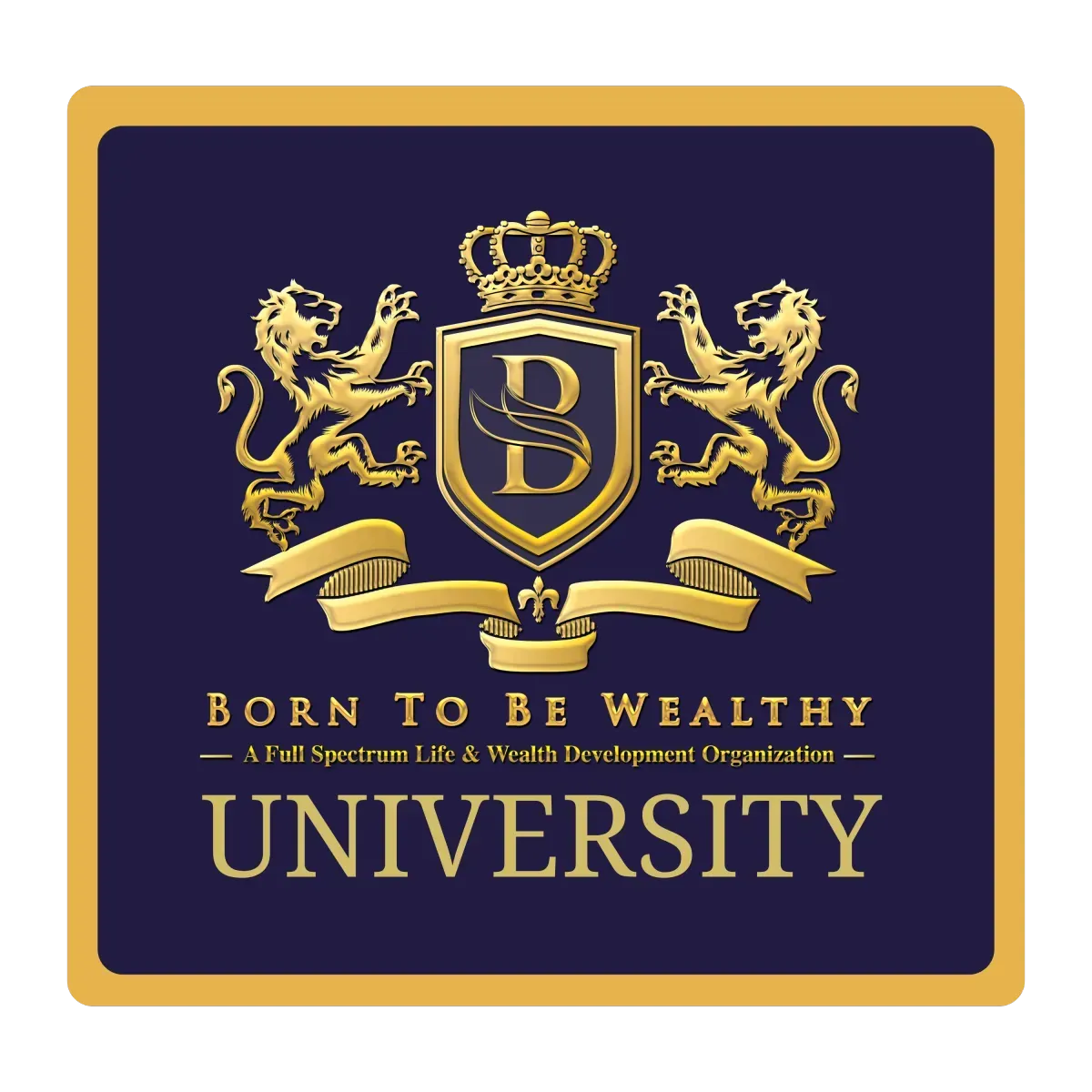
The Role of Technology in Enhancing Learning

The Role of Technology in Enhancing Learning
Episode - 44
Integrating Digital Tools Into Its Programs
Technology is a powerful tool that has the potential to transform education and bridge the gaps of inequality. Born To Be Wealthy Foundation is empowering students to dream bigger, learn better, and achieve more.
Today, we’re exploring a dynamic topic: the role of technology in enhancing learning. Digital tools have revolutionized education, breaking barriers of distance, accessibility, and affordability while opening new avenues for creativity and innovation.
Born To Be Wealthy Foundation has embraced technology as a cornerstone of its educational programs, integrating tools and platforms that empower students, educators, and communities. From coding workshops to virtual classrooms, the Foundation leverages technology to provide transformative learning experiences.
In this episode, we’ll examine how digital tools are reshaping education, discuss the challenges and opportunities they bring, and share stories of lives changed by technology-driven programs.
Episode - 44
Integrating Digital Tools Into Its Programs
Technology is a powerful tool that has the potential to transform education and bridge the gaps of inequality. Born To Be Wealthy Foundation is empowering students to dream bigger, learn better, and achieve more.
Today, we’re exploring a dynamic topic: the role of technology in enhancing learning. Digital tools have revolutionized education, breaking barriers of distance, accessibility, and affordability while opening new avenues for creativity and innovation.
Born To Be Wealthy Foundation has embraced technology as a cornerstone of its educational programs, integrating tools and platforms that empower students, educators, and communities. From coding workshops to virtual classrooms, the Foundation leverages technology to provide transformative learning experiences.
In this episode, we’ll examine how digital tools are reshaping education, discuss the challenges and opportunities they bring, and share stories of lives changed by technology-driven programs.

Listen to real conversations, and real topics that spark personal growth.

Listen to real conversations, and real topics that spark personal growth.
From Chalkboards to Code
The Evolution of Technology in Education
The journey of education technology began with simple tools like chalkboards and evolved into interactive whiteboards, computer labs, and now fully digital classrooms. The integration of technology has shifted education from one-size-fits-all approaches to personalized, adaptive learning experiences.
The Digital Revolution in Education. Online Learning Platforms: MOOCs (Massive Open Online Courses) and apps provide access to world-class education. Interactive Tools: Gamification, virtual labs, and simulations make learning engaging and effective.
Artificial Intelligence: AI-powered systems offer personalized learning pathways and instant feedback. These tools adapt to individual learning styles, helping students overcome challenges and master concepts at their own pace. Connectivity: Internet and mobile devices enable learning anytime, anywhere. This accessibility bridges educational gaps, especially in remote or underserved areas, empowering students with resources previously out of reach.
From Chalkboards to Code
The Evolution of Technology in Education
The journey of education technology began with simple tools like chalkboards and evolved into interactive whiteboards, computer labs, and now fully digital classrooms. The integration of technology has shifted education from one-size-fits-all approaches to personalized, adaptive learning experiences.
The Digital Revolution in Education. Online Learning Platforms: MOOCs (Massive Open Online Courses) and apps provide access to world-class education. Interactive Tools: Gamification, virtual labs, and simulations make learning engaging and effective.
Artificial Intelligence: AI-powered systems offer personalized learning pathways and instant feedback. These tools adapt to individual learning styles, helping students overcome challenges and master concepts at their own pace. Connectivity: Internet and mobile devices enable learning anytime, anywhere. This accessibility bridges educational gaps, especially in remote or underserved areas, empowering students with resources previously out of reach.
Company Introductions
Get to know about Us Against Us
Us Against Us is more than just a podcast—it’s a movement dedicated to exploring the battles we face within ourselves and the world around us. Hosted by Erica Carreno, each episode dives deep into topics like self-doubt, resilience, social justice, mental health, and personal growth.
Through heartfelt conversations with experts, thought leaders, and everyday individuals, the podcast shines a light on untold stories, offering fresh perspectives and actionable insights.
At its core, Us Against Us is about transformation. It’s about turning inner struggles into sources of strength and using personal growth as a catalyst for positive change. Whether you’re seeking inspiration, looking for tools to overcome life’s challenges, or simply craving authentic, thought-provoking discussions, Us Against Us is your guide on the journey to self-empowerment and collective progress.
Join us as we challenge norms, break barriers, and remind each other that the greatest battles lead to the most profound victories. Together, we rise.
Empower Yourself to Overcome Inner Battles
Authentic and Thought-Provoking Conversations
A Community That Inspires and Supports

Start your journey with Us Against Us—where real conversations spark personal growth.
The Born To Be Wealthy Foundation’s Approach
The Foundation focuses on bridging the digital divide and equipping learners with the tools and skills they need to succeed.
The Born To Be Wealthy Foundation’s Approach
The Foundation focuses on bridging the digital divide and equipping learners with the tools and skills they need to succeed.
1. Digital Classrooms for All
Equips schools and community centers with technology to enable interactive learning. Key Features: Smartboards, tablets, and internet connectivity. Access to digital libraries and online courses. Training for teachers to integrate technology into lesson plans. Example: In 2023, the Foundation provided digital learning kits to 50 schools in underserved communities, improving student engagement by 40%.
2. CodeCHAMPS Program
Introduces children to coding and computational thinking. Activities Include: Coding boot camps for beginners. Hands-on projects like app development and game design. Competitions to showcase creativity and problem-solving skills. Example: A CodeCHAMPS workshop inspired 100 children to create their own apps, with several participants winning regional tech awards.
3. RoboCHAMPS Initiative
Teaches robotics and automation to prepare students for careers in technology. Key Components: Robotics kits and programming tools. Tutorials on building and programming robots. Collaborative projects that solve real-world problems. Example: Students from a rural community built a robot to assist farmers, winning accolades at a national competition.
4. Virtual Learning Programs
Provides online courses and virtual classrooms for students in remote areas. Services Include: Access to platforms offering subjects like math, science, and languages. Live tutoring sessions with qualified educators. Self-paced modules to accommodate diverse learning needs. Example: A virtual learning initiative enabled 1,000 students in isolated regions to continue their education during a pandemic.
5. AI for Learning Personalization
Uses artificial intelligence to create adaptive learning experiences. Features Include: AI-driven assessments to identify strengths and weaknesses. Personalized study plans based on student performance. Chatbots for instant academic assistance. Example: An AI pilot program helped students improve their test scores by an average of 25% within six months.
1. Digital Classrooms for All
Equips schools and community centers with technology to enable interactive learning. Key Features: Smartboards, tablets, and internet connectivity. Access to digital libraries and online courses. Training for teachers to integrate technology into lesson plans. Example: In 2023, the Foundation provided digital learning kits to 50 schools in underserved communities, improving student engagement by 40%.
2. CodeCHAMPS Program
Introduces children to coding and computational thinking. Activities Include: Coding boot camps for beginners. Hands-on projects like app development and game design. Competitions to showcase creativity and problem-solving skills. Example: A CodeCHAMPS workshop inspired 100 children to create their own apps, with several participants winning regional tech awards.
3. RoboCHAMPS Initiative
Teaches robotics and automation to prepare students for careers in technology. Key Components: Robotics kits and programming tools. Tutorials on building and programming robots. Collaborative projects that solve real-world problems. Example: Students from a rural community built a robot to assist farmers, winning accolades at a national competition.
4. Virtual Learning Programs
Provides online courses and virtual classrooms for students in remote areas. Services Include: Access to platforms offering subjects like math, science, and languages. Live tutoring sessions with qualified educators. Self-paced modules to accommodate diverse learning needs. Example: A virtual learning initiative enabled 1,000 students in isolated regions to continue their education during a pandemic.
5. AI for Learning Personalization
Uses artificial intelligence to create adaptive learning experiences. Features Include: AI-driven assessments to identify strengths and weaknesses. Personalized study plans based on student performance. Chatbots for instant academic assistance. Example: An AI pilot program helped students improve their test scores by an average of 25% within six months.
Mission Statement
To harness the power of technology to provide inclusive, equitable, and innovative education for all, preparing the next generation for a rapidly changing world.
Benefits of Technology in Learning
Accessibility. Brings quality education to remote and underserved areas. It opens doors for lifelong learning, enabling students in isolated regions to access the same resources as their urban peers. Provides learning opportunities for individuals with disabilities through assistive technologies. These innovations ensure inclusivity, allowing everyone to participate and thrive in educational environments.
Personalization. Adapts to individual learning speeds, styles, and needs. This approach empowers learners to take control of their education, improving engagement and retention. Offers tailored content and assessments to maximize understanding. By addressing specific strengths and weaknesses, personalized learning helps students achieve their full potential.
Engagement. Interactive tools and multimedia make learning fun and immersive. These methods capture students' attention, making complex concepts easier to grasp. Gamified platforms boost motivation and participation. By turning education into an enjoyable challenge, they encourage consistent learning and build problem-solving skills.
Skill Development. Prepares students for the digital economy with skills like coding, data analysis, and problem-solving. These abilities equip learners to succeed in competitive, technology-driven industries. Enhances critical thinking through tools like simulations and collaborative platforms. By fostering creativity and innovation, students are better prepared to tackle real-world challenges and adapt to evolving career demands.
Mission Statement
To harness the power of technology to provide inclusive, equitable, and innovative education for all, preparing the next generation for a rapidly changing world.
Benefits of Technology in Learning
Accessibility. Brings quality education to remote and underserved areas. It opens doors for lifelong learning, enabling students in isolated regions to access the same resources as their urban peers. Provides learning opportunities for individuals with disabilities through assistive technologies. These innovations ensure inclusivity, allowing everyone to participate and thrive in educational environments.
Personalization. Adapts to individual learning speeds, styles, and needs. This approach empowers learners to take control of their education, improving engagement and retention. Offers tailored content and assessments to maximize understanding. By addressing specific strengths and weaknesses, personalized learning helps students achieve their full potential.
Engagement. Interactive tools and multimedia make learning fun and immersive. These methods capture students' attention, making complex concepts easier to grasp. Gamified platforms boost motivation and participation. By turning education into an enjoyable challenge, they encourage consistent learning and build problem-solving skills.
Skill Development. Prepares students for the digital economy with skills like coding, data analysis, and problem-solving. These abilities equip learners to succeed in competitive, technology-driven industries. Enhances critical thinking through tools like simulations and collaborative platforms. By fostering creativity and innovation, students are better prepared to tackle real-world challenges and adapt to evolving career demands.
Together, let’s continue to unlock the potential of every learner through the power of technology.
Together, let’s continue to unlock the potential of every learner through the power of technology.
Addressing Challenges: The Foundation’s Solutions
1. Bridging the Digital Divide. Partner with internet providers to offer subsidized connections. Distribute refurbished devices to underserved communities.
2. Teacher Training. Conduct workshops and webinars to help educators integrate technology. Provide ongoing support through online forums and resources.
3. Ensuring Cybersecurity. Implement secure platforms for online learning. Educate students and parents about safe online practices.
Addressing Challenges: The Foundation’s Solutions
1. Bridging the Digital Divide. Partner with internet providers to offer subsidized connections. Distribute refurbished devices to underserved communities.
2. Teacher Training. Conduct workshops and webinars to help educators integrate technology. Provide ongoing support through online forums and resources.
3. Ensuring Cybersecurity. Implement secure platforms for online learning. Educate students and parents about safe online practices.
A Call to Action
How You Can Help
Empowering underprivileged youth through education requires collective effort. Here’s how listeners can get involved:

Donate
Contributions directly fund scholarships, infrastructure, and learning materials.

Volunteer
Share your time and expertise by mentoring, tutoring, or assisting in programs.

Advocate
Spread the word about the Foundation’s mission to inspire others to join the cause.
Looking Ahead
Expanding the Foundation’s Reach:
Scaling Programs. Increase the number of schools and students served by digital initiatives.
Developing Mobile Learning Units. Bring technology-driven education to remote and underserved areas.
Building Global Partnerships. Collaborate with tech companies and NGOs to expand resources and expertise.
Looking Ahead
Expanding the Foundation’s Reach:
Scaling Programs. Increase the number of schools and students served by digital initiatives.
Developing Mobile Learning Units. Bring technology-driven education to remote and underserved areas.
Building Global Partnerships. Collaborate with tech companies and NGOs to expand resources and expertise.

Born to be Wealthy Non-Profit Foundation is an organization dedicated to nurturing the potential of children through comprehensive support services aimed at creating a foundation for a prosperous future.
CONTACT INFO
Born To Be Wealthy Foundation
255 S Orange Avenue, Suite 104
Orlando, FL 32801 United States
Federal Tax ID: 99-2079151
Born To Be Wealthy Foundation is a registered 501(c)(3) non-for-profit organization, donations are tax-deductible.
Contact: 1 (347) 427-5507
OUR PROGRAMS
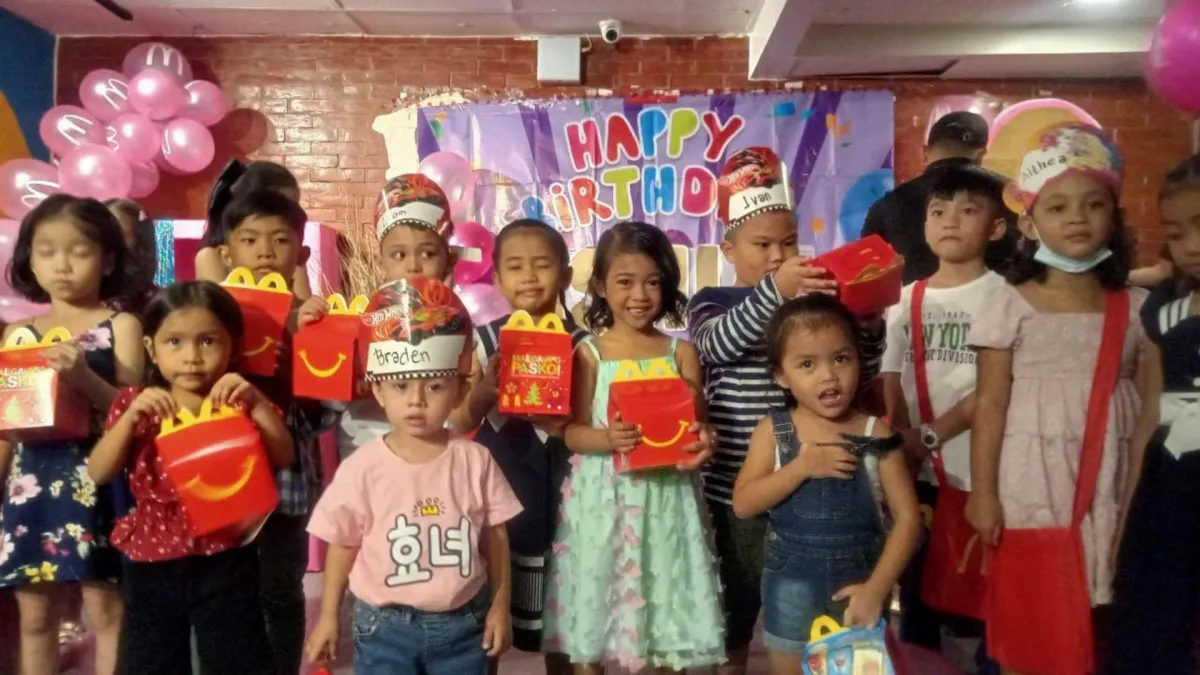
Celebrating every child's joy.

Healthy bodies, brighter futures.

Children helping children grow.
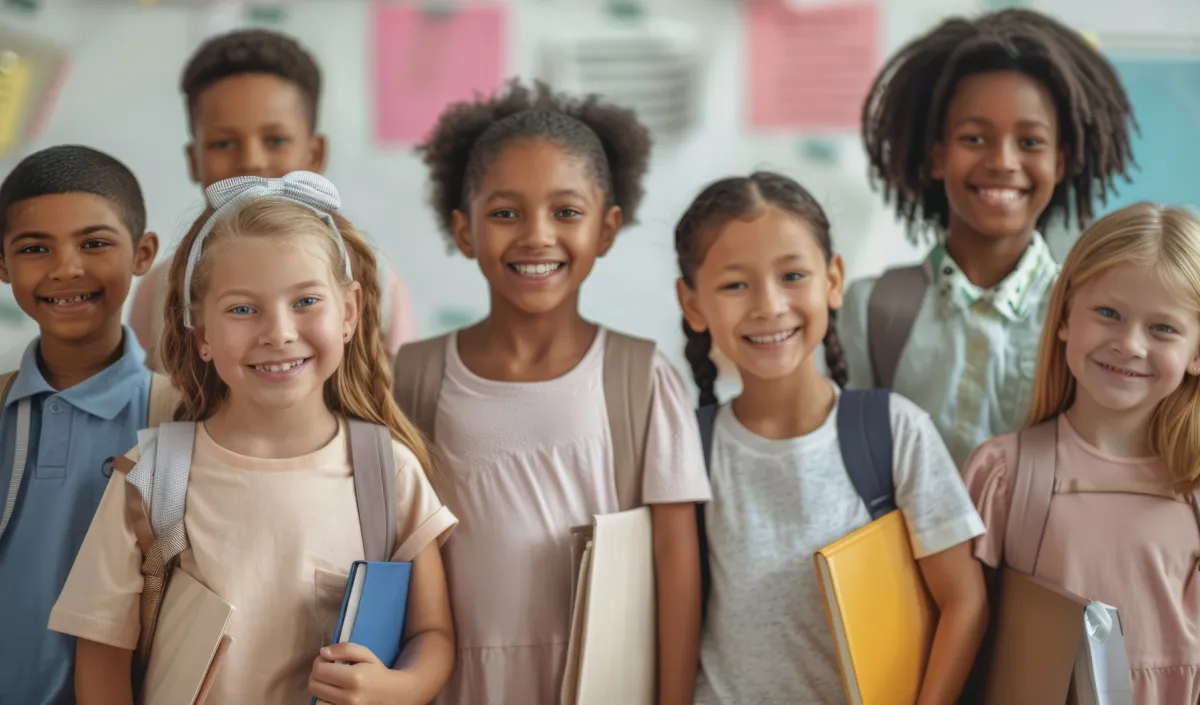
Empowering Youth. Investing in Futures.

Born to be Wealthy Non-Profit Foundation is an organization dedicated to nurturing the potential of children through comprehensive support services aimed at creating a foundation for a prosperous future.
CONTACT INFO
Born To Be Wealthy Foundation
255 S Orange Avenue, Suite 104
Orlando, FL 32801 United States
Federal Tax ID: 99-2079151
Born To Be Wealthy Foundation is a registered 501(c)(3) non-for-profit organization, donations are tax-deductible.
Contact: 1 (347) 427-5507
OUR PROGRAMS

Celebrating every child's joy.

Healthy bodies, brighter futures.

Children helping children grow.


